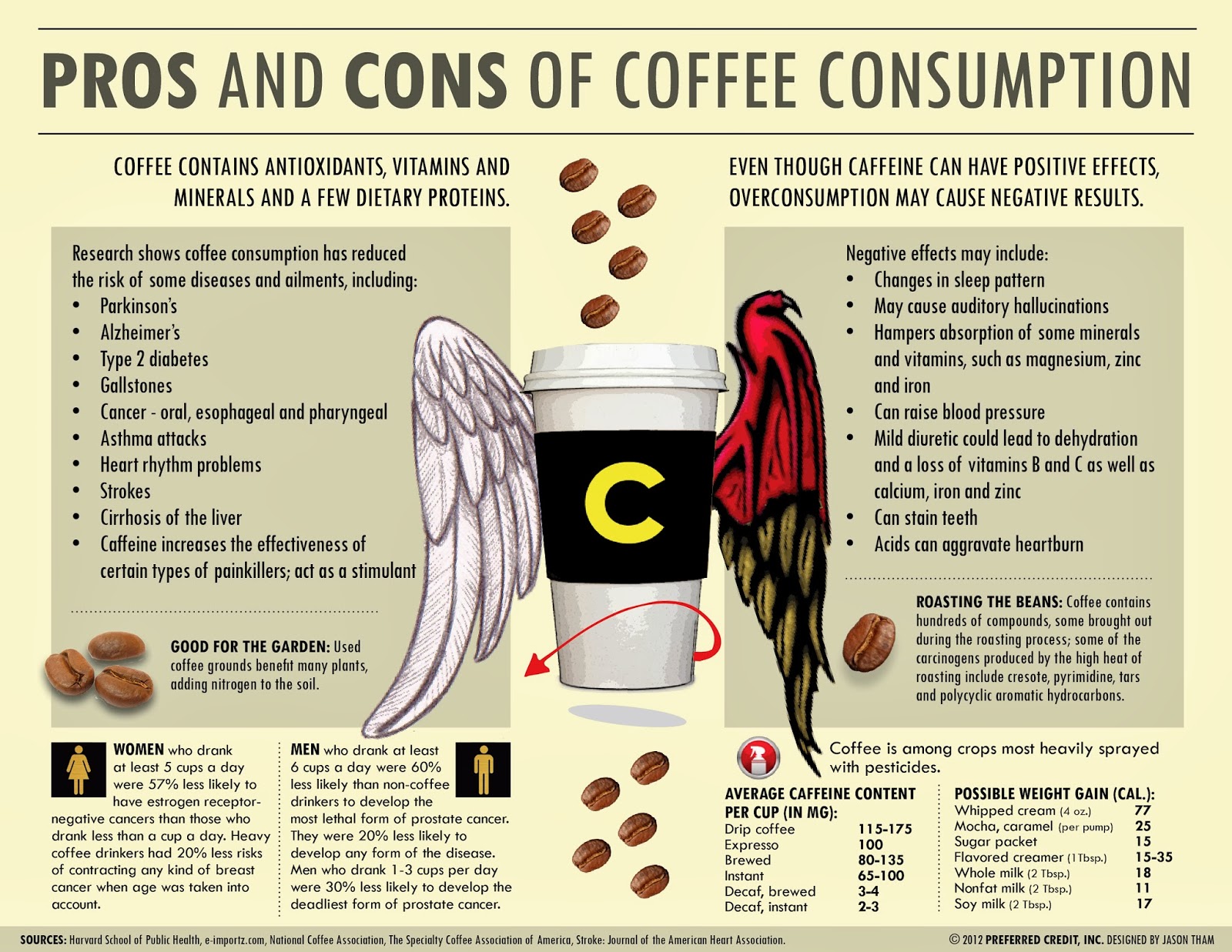

Not everyone is looking to drink coffee for a buzz or a wake-up call, and some people react so negatively to the caffeine that they'd rather avoid it altogether. The first and most obvious of which is that you simply don't have to deal with the erratic side effects of caffeine when you drink it. There are benefits to look into as well that would otherwise have gone amiss. It's not all doom and gloom though when it comes to decaf coffee. It is believed to irritate the nose and throat upon inhalation.Īs well as this, it can have an adverse reaction to your central nervous system, causing it to slow after you have had your drink. The solvent (most notable of which is known as methylene chloride), is far from mild. The solvents used have been linked to a few varying health issues, though the proof of which is uncertain.

Most consumers probably don't think too much about how their coffee ended up being decaffeinated, but it's definitely not to be ignored. On top of this though, we have to look at the issue raised with it being a chemically processed food item. You can weigh that up however you choose to decide whether it's better for you to drink decaf or not. However, it also means that you're avoiding some of the erratic side effects that could come with its consumption. Naturally, you're not drinking caffeine, which, as we've already explained, limits you from some of the more beneficial side effects of a natural cup of coffee. In short, it's got its positives as well as its negatives. There are some good benefits to decaf coffee, but can it be bad as well? So the question is raised then, after the last point, about whether or not it's even considered healthy or ‘good’ for you to drink.


 0 kommentar(er)
0 kommentar(er)
